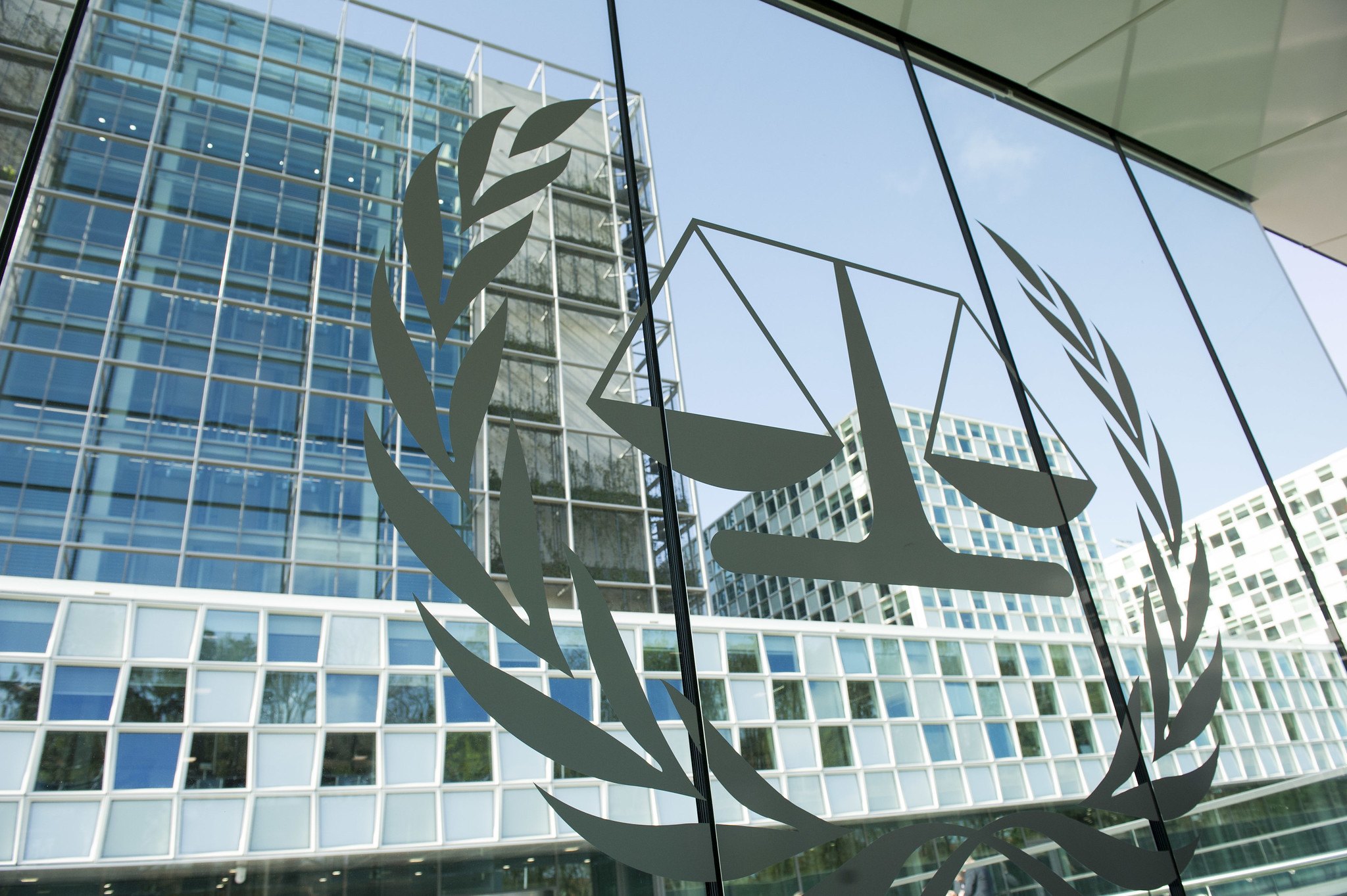EDNY Dismisses Suit Against Former Pakistani ISI Directors Based on Executive Branch's Suggestion of Immunity
On Monday, Judge Dora Irizarry of the Eastern District of New York dismissed a suit brought under the Alien Tort Statute and the Antiterrorism Act against two former Directors of Pakistan's Inter-Services Intelligence Directorate (ISI), Ahmed Pasha and Nadeem Taj, in deference to a Suggestion of Immunity filed last December by the Obama Administration. I described that Suggestion of Imm
Published by The Lawfare Institute
in Cooperation With

On Monday, Judge Dora Irizarry of the Eastern District of New York dismissed a suit brought under the Alien Tort Statute and the Antiterrorism Act against two former Directors of Pakistan's Inter-Services Intelligence Directorate (ISI), Ahmed Pasha and Nadeem Taj, in deference to a Suggestion of Immunity filed last December by the Obama Administration. I described that Suggestion of Immunity earlier this year. The complaint had alleged that Pasha and Taj were complicit in the terrorist attacks in Mumbai in 2008.
As I noted at the time, I believe this Suggestion was the Obama Administration's first Suggestion of "official acts" immunity for individuals who were not previously heads of state or government, and similarly I think this is the first judicial decision dismissing a suit on the basis of "official acts" immunity based on an Executive branch suggestion after the Supreme Court's decision in Samantar (holding that foreign government officials do not enjoy immunity under the Foreign Sovereign Immunities Act but may enjoy common law immunities).
There has been some speculation as to whether federal judges would defer absolutely to Executive branch Suggestions of Immunity for foreign government officials for official acts, as all judges have deferred absolutely to Suggestions of Immunity for sitting heads of state. Indeed, the plaintiffs in this case tried to argue that the U.S. Suggestion was not controlling. Judge Irizarry, however, rejected this argument, concluding that after the U.S. Suggestion, "the Court's inquiry ends here."
The Court also rejected the plaintiffs' arguments that Pasha and Taj did not enjoy immunity, and that the Court could ignore the U.S. Suggestion, because they were alleged to have committed jus cogens violations. The Court noted the Fourth Circuit's decision in Samantar that foreign government officials do not enjoy immunity for jus cogens violations (a faulty decision I have discussed here and here). But Judge Irizarry concluded that she was bound by the Second Circuit's decision in the Dichter case, where the Second Circuit concluded (based on a U.S. Government brief I had signed when I was Legal Adviser) that there is no jus cogens exception to official acts immunity. However, Judge Irizarry also noted that "If the Supreme Court grants certiorari in Samantar v. Yousuf, and affirms the Fourth Circuit's exception to foreign official immunity, Plaintiffs may move to reinstate their claims against defendants Pasha and Taj."
John B. Bellinger III is a partner in the international and national security law practices at Arnold & Porter in Washington, DC. He is also Adjunct Senior Fellow in International and National Security Law at the Council on Foreign Relations. He served as The Legal Adviser for the Department of State from 2005–2009, as Senior Associate Counsel to the President and Legal Adviser to the National Security Council at the White House from 2001–2005, and as Counsel for National Security Matters in the Criminal Division of the Department of Justice from 1997–2001.


.jpg?sfvrsn=4c0f5277_5)

